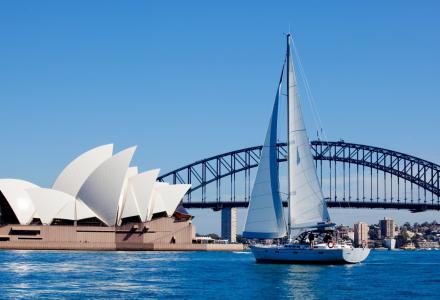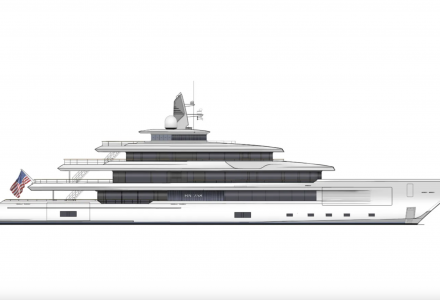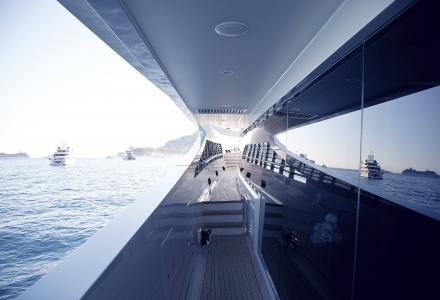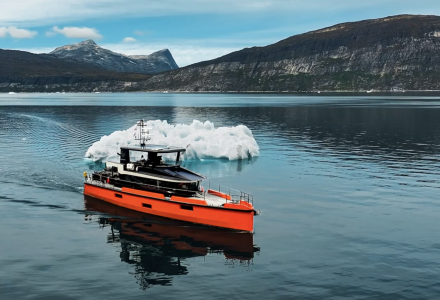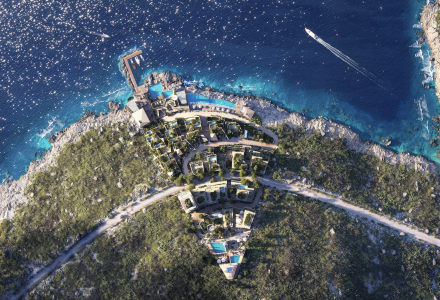Australian government has introduced a new bill, aimed to allow charter of foreign owned superyachts on its territory. Two previous attempts to sign it into law have not made it through the smallest of margins.
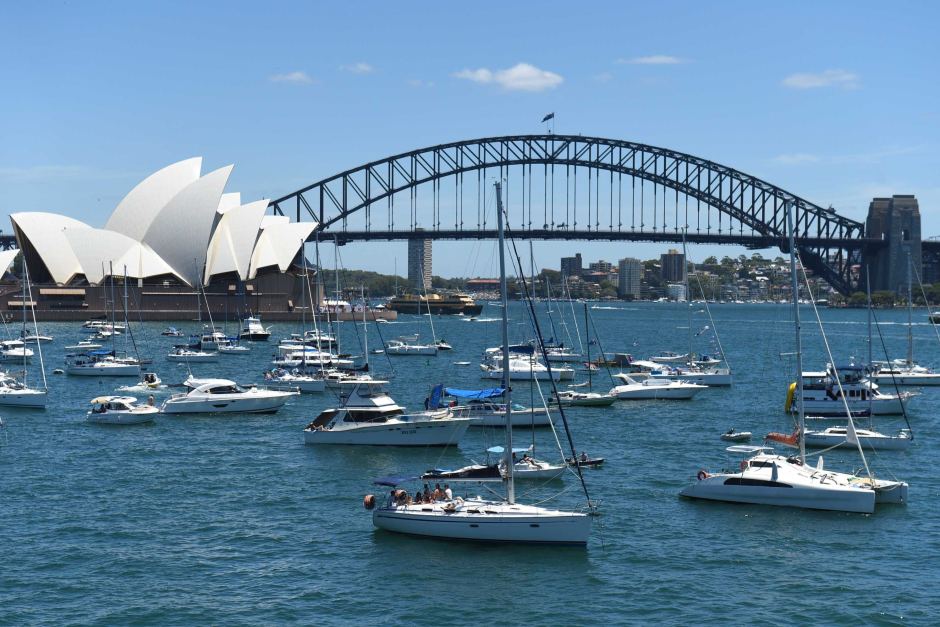
On November 27, Australian government introduced the newest initiative, The Special Recreational Vessels Bill 2019. The ability to charter those vessels should unlock nearly 11,800 jobs and result in about AUSD 1.64 billion in revenue to the Australian economy by 2021.
With charter vessels making up over a half of the world’s superyacht fleet, there are more than 5,000 registered superyachts. Moreover, the amount grows every year by some 150 new yachts. Currently, unless fully imported, foreign registered vessels cannot operate commercially in Australia. That makes a big obstacle for owners, who would consider charter in Australian waters.
Nonetheless, the situation is closer than ever to go positive this time. With important international events taking place in Pacific region in the near future, the licence will hopefully be in place by the end of 2019, reports IBI.
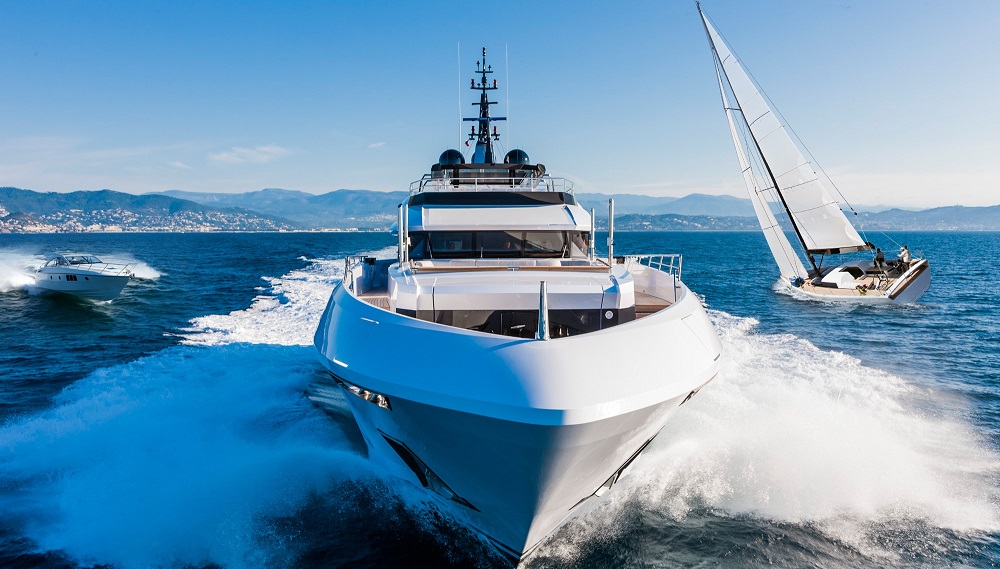
David Good, CEO of Superyacht Australia, commented on the Bill moving through Parliament:
Now it is the critical time to act. We commend the Deputy Prime Minister, the Hon Michael McCormack, for introducing this Bill today. Huge events in the Pacific over the next 18 months will mean large numbers of superyachts will be in our region. The Tokyo Olympics in July 2020 and the Americas Cup in Auckland 2021 are expected to bring around 160 superyachts to our region – which is on the radar for superyacht owners for the marvellous cruising grounds and world-class service facilities Australia offers.
Meanwhilr, the industries to most benefit from the law would be tradespeople and small businesses. Since every vessel spends 10%-12% of the vessel’s value each year in maintenance, service and repairs, what predominantly small, family-owned businesses would perform.
These changes will also benefit the local superyacht charter market. Regions that have a high level of charter activity receive increased international marketing exposure which then encourages further investment in locally based vessels, infrastructure and repair facilities.
